10. Millard Fillmore – 50 years, 183 days at Start of presidency
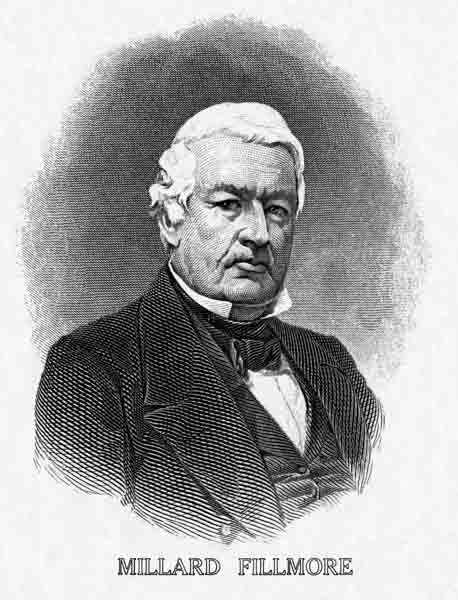
Millard Fillmore (January 7, 1800 – March 8, 1874) was the 13th president of the USA (1850–1853), and the last to be a member of the Whig Party while in the White House. A former U.S. Representative from New York, Fillmore was elected the nation’s 12th vice president in 1848, and succeeded to the presidency in July 1850 upon the death of President Zachary Taylor. He was instrumental in getting the Compromise of 1850 passed, a bargain that led to a brief truce in the battle over slavery. He failed to win the Whig nomination for president in 1852; he gained the endorsement of the Nativist Know Nothing Party four years later, and finished third in that election.
9. James K. Polk – 49 years, 122 days at Start of presidency
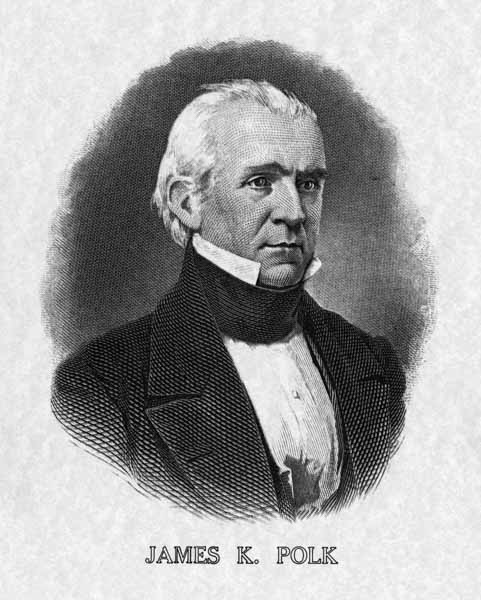
James K. Polk (November 2, 1795 – June 15, 1849) was the 11th president of the United States from 1845 to 1849. He previously was speaker of the House of Representatives (1835–1839) and governor of Tennessee(1839–1841). Polk is chiefly known for extending the territory of the United States during the Mexican–American War; during his presidency, the United States expanded significantly with the annexation of the Republic of Texas, the Oregon Territory, and the Mexican Cession following the American victory in the Mexican–American War.
8. James A. Garfield – 49 years, 105 days at Start of presidency
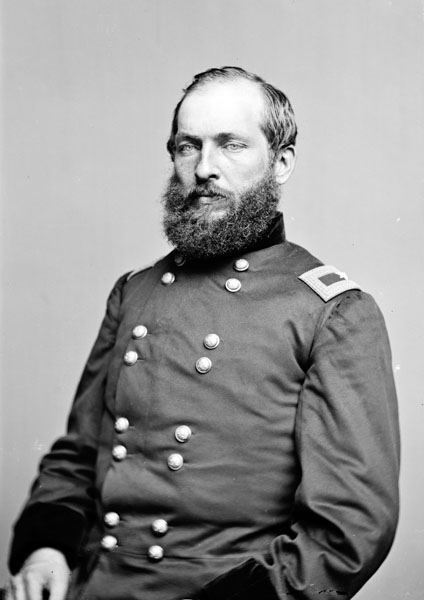
James A. Garfield (November 19, 1831 – September 19, 1881) was the 20th president of the United States, serving from March 4, 1881 until his death by assassination six and a half months later. He was the first sitting member of Congress to be elected to the presidency, and remains the only sitting House member to gain the White House.
7. Franklin Pierce – 48 years, 101 days at Start of presidency
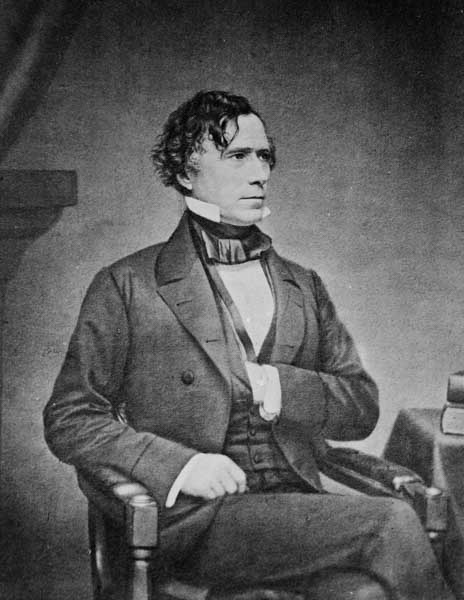
Franklin Pierce (November 23, 1804 – October 8, 1869) was the 14th president of the USA (1853–1857), a northern Democrat who saw the abolitionist movement as a fundamental threat to the unity of the nation. He alienated anti-slavery groups by championing and signing the Kansas–Nebraska Act and enforcing the Fugitive Slave Act, yet he failed to stem conflict between North and South, setting the stage for Southern secession and the American Civil War.
6. Grover Cleveland – 47 years, 351 days at Start of presidency
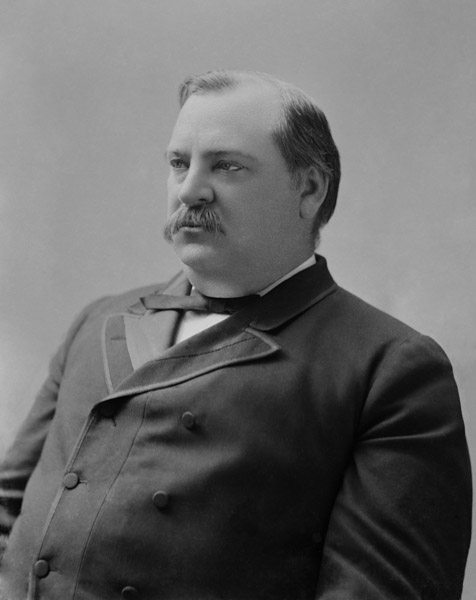
S. Grover Cleveland (March 18, 1837 – June 24, 1908) was an American politician and lawyer who was the 22nd and 24th president of the United States, the only president in American history to serve two non-consecutive terms in office (1885–1889 and 1893–1897). He won the popular vote for three presidential elections—in 1884, 1888, and 1892—and was one of two Democrats (with Woodrow Wilson) to be elected president during the era of Republican political domination dating from 1861 to 1933.
5. Barack Obama – 47 years, 169 days at Start of presidency
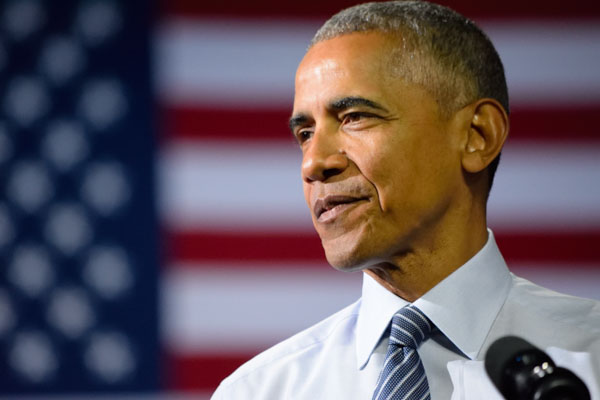
Barack Obama (born August 4, 1961) is an American attorney and politician who served as the 44th president of the United States from 2009 to 2017. A member of the Democratic Party, he was the first African American to be elected to the presidency. He previously served as a U.S. senator from Illinois from 2005 to 2008. 2009 he was named Nobel Peace Prize laureate.
4. Ulysses S. Grant – 46 years, 311 days at Start of presidency
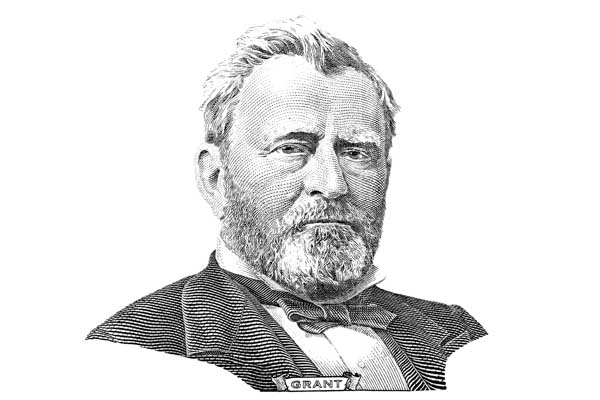
Ulysses S. Grant (April 27, 1822 – July 23, 1885) was an American soldier, politician, and international statesman, who served as the 18th president of the United States from 1869 to 1877. During the American Civil War Grant led the Union Army as its commanding general to victory over the Confederacy with the supervision of President Abraham Lincoln. During the Reconstruction Era, President Grant led the Republicans in their efforts to remove the vestiges of Confederate nationalism, racism, and slavery.












